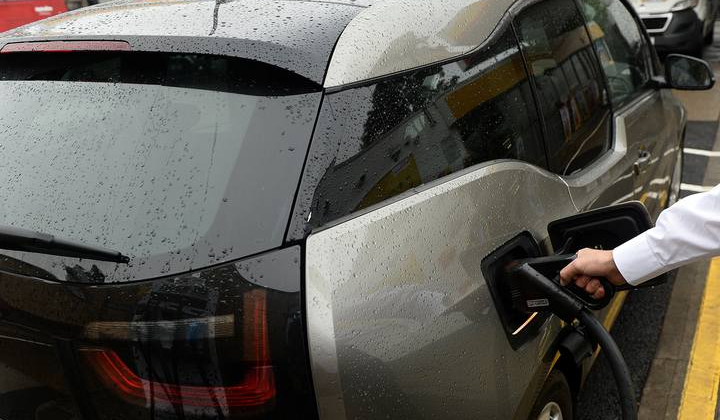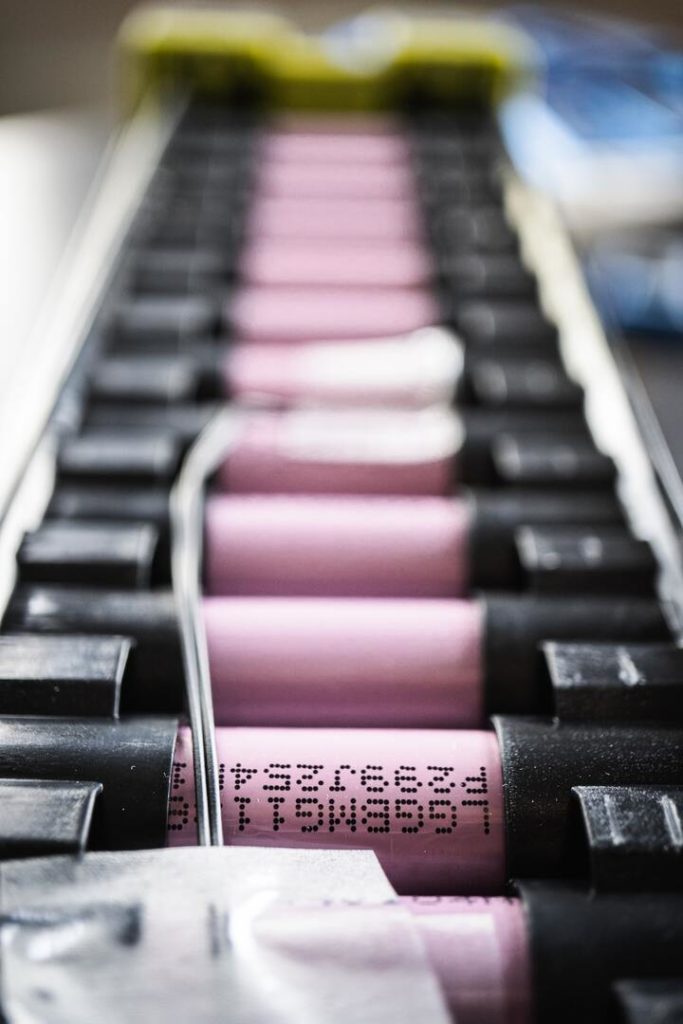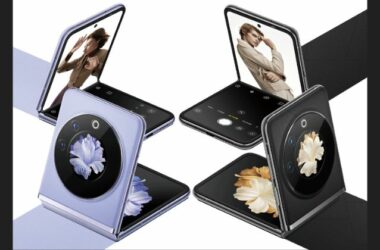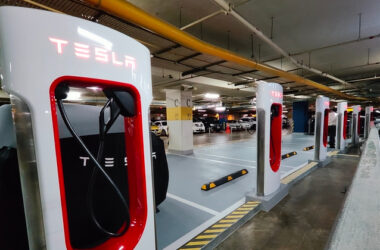Electric vehicles (EV) are currently popular around the world and will continue to be so as automakers transition away from vehicles powered by internal combustion engines (ICE) in favour of EVs.
Are electric vehicles a far better option than fossil fuel-powered automobiles, which we all know are polluting and contribute to global warming? In Malaysia, we continue to generate power from coal, oil, and natural gas. EVs may no longer emit carbon monoxide, but power plants still do.
In a news article by The Sun, there are people not fully supporting the move to EVs in Malaysia. Environmentalists are not totally in favour of EV use at the moment due to a lack of supporting infrastructure and the fact that they still need fossil fuels to create energy to charge them, even though EVs will reduce carbon emissions and keep the air cleaner.
Recently, the Prime Minister, Datuk Seri Ismail Sabri Yaakob has been proposed that Tenaga Nasional Berhad (TNB) and Perusahaan Perusahaan Otomobil Kedua Sendirian Berhad (Perodua) collaborate to offer reasonable EV charging prices.
According to Ismail Sabri, taking such action will also assist Malaysia reach its goal of becoming a carbon-neutral country by 2050. The switch to EVs, however, has prompted questions about whether the nation has the necessary infrastructure and services to entice people to buy such cars.
The public would be more likely to use EVs, according to automotive expert Keshy Dhillon, if the government can increase charging rates and access to charging bays. He also pointed out that these vehicles are eligible for a number of incentives and are not subject to import duties. Currently, entry-level EVs in Malaysia cost between RM149,888 and RM199,888.
There is also a need for a technological shift that involves the time it takes to charge an EV from 10% to 80% because the current speed takes about 45 minutes, which is too long compared to the mere minutes one needs to fill petrol.
Automotive expert, Keshy Dhillon

Regarding infrastructure, Keshy argued that TNB and real estate developers should recognise how important it is to promote EV sales by offering adequate amenities.
With the government collaborating with TNB, funds need to be allocated for building more charging ports and producing networks that will connect them so EV users can locate the closest one during a journey.
Property developers need to offer charging points at all new condominiums or housing projects while TNB has to upgrade cables in mature areas so that fast DC charging can be offered to quicken charging time.
Automotive expert, Keshy Dhillon
Gurmit Singh, an environmentalist, claimed that because coal-fired power stations, which emit carbon dioxide, make the lithium-ion batteries used in electric vehicles, they are not precisely environmentally friendly.

Gurmit suggested that rather than pushing individuals to purchase their own EVs, we should instead encourage them to commute by electric buses, which can carry more people while consuming less energy.
Electricity generated by coal-fired power stations ultimately supply electricity to EVs. Hence, such vehicles are not that eco-friendly, although they are better than diesel vehicles that discharge carbon monoxide. It would be better if EV batteries could generate electricity from solar energy.
I will argue that we should not be talking about EVs but public transport using electric vehicles. Although buses would use the same energy, they carry many people at once, so energy is better utilised.
Environmentalist, Gurmit Singh
According to environmentalist, Andrew Sebastian, automakers could produce more hydropower vehicles and enhance the charging procedure to make EVs more environmentally friendly.

During this transition phase, we don’t know how eco-friendly such vehicles are. I believe the charging process can be a lot better because with the current format, electricity originates from factories that burn coal.
Car manufacturers also use special minerals that have to be mined. The process destroys habitats and is not feasible in the long run. Even if we use electric buses, the minerals have to be mined to make the batteries. So, it is not eco-friendly.
Environmentalist, Andrew Sebastian
There is still a long way to go before EVs are widely used in Malaysia. Nuclear power is the cleanest and greenest energy option despite some disadvantages, but I don’t think we have the expertise or resources to operate a nuclear power plant. Fossil-fuel-powered cars will be around us for a very long time.
In other EV-related news, GoCar and EV Connection will implement more EV chargers in Malaysia soon.
Will you be getting an EV anytime soon?










